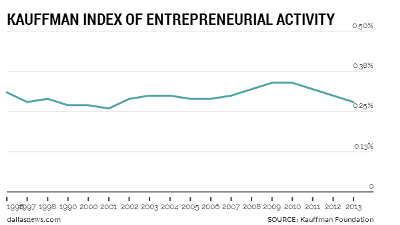“The internet has become the nervous system of the 21st century, wiring together devices that we carry, devices that are in our bodies, devices that our bodies are in“. This observation is from Cory Doctorow in a great column in the Guardian ‘The internet is the answer to all the questions of our time’.

Internet is now the location where all the societal fights will be won or lost. It is increasingly the dominating medium of all the conversations that really matter. And following on his usual battle cry on a free internet, Cory Doctorow continues: “Without a free, fair and open internet, proponents of urgent struggles for justice will be outmaneuvered and outpaced by their political opponents, by the power-brokers and reactionaries of the status quo. The internet isn’t the most important fight we have; but it’s the most foundational.”
I like this image of the internet as a nervous system pervading our society, linking together the members of humanity. It is not just a neutral communication medium. It is now a pervasive part of our humanity.











